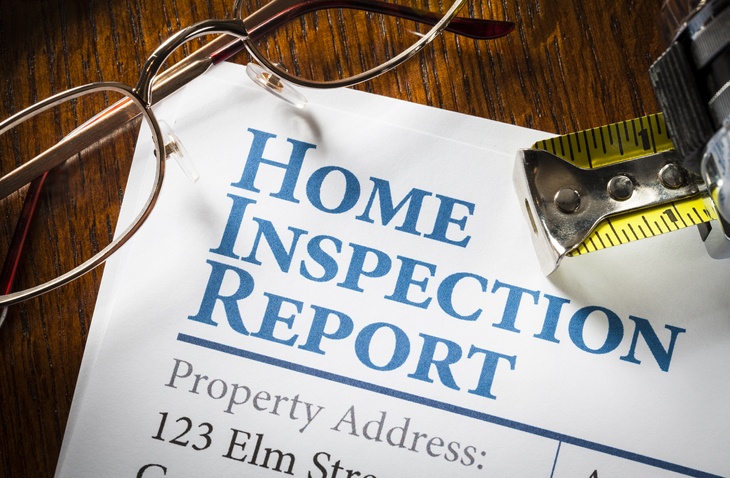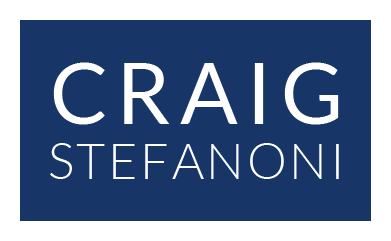
You’re now at the escrow part of the home buying process, which means the entire transaction is nearly over. You’re almost there, and you can practically see yourself hosting a lively housewarming party in your newly bought home.
Unfortunately, just because you’re about to seal the deal doesn’t mean it’s actually a done deal. Things can still go wrong during escrow – the point at which you hand over the signed agreement to a neutral third party who will ensure that every condition is met before payments can be released to the seller.
Here are seven common problems you may face during escrow and delay the purchase of your dream house, or worse, void it.
- Home inspection reveals the property is not structurally sound
You’ll be surprised by the number of buyers who don’t take home inspection seriously. Depending on the condition of the property, a home inspection may reveal all kinds of issues, such as the presence of termites, pests, mold growth, and other types of infestation. These are serious issues that can make you question whether you should proceed with the purchase.
- Clouds on the title
Before a property title can change hands, a title company will evaluate and confirm its legitimacy and make sure no one else has a legal claim to the property. The discovery of defects or “clouds” on the title – such as outstanding property taxes, divorce decrees, contractor liens, and other encumbrances – will have to be resolved before the purchase transaction can move forward.
- Owners change their mind about selling
Homeowners backing out of the sale is quite common, especially those who have a strong emotional attachment to a property. Of course, you will have a legal right to collect damages from the seller, but you can’t really force an owner to sell the property, unless you’re willing to contest their reason for backing out in court.
- Your mortgage falls through
Your excitement for your new home compels you to go on a massive shopping spree to make sure the house is well-furnished by the time you move in. Such spending can add thousands of dollars to your debt and send your credit score to a nosedive. This can be troublesome if you signed the purchase contract before your loan was approved, because your lender may decide to reject your loan application. Without a loan, you won’t be able to buy the home. Therefore, it pays to obtain a mortgage pre-approval letter from a lender, which is typically valid from 60 to 90 days. Apply for a loan during that time frame. If you haven’t made an offer on a house before the pre-approval expires, you can simply have the document revalidated.
- Bank delays
Bank transactions, especially those involving large sums of money, can take some time to complete. This is further complicated by the fact that some banks place a limit on the amount that their clients can transfer. If your bank has a $10,000-a-day transfer limit, this means it will take you 10 business days to move $100,000 to your escrow account, and you could miss your escrow deadline if you’re not aware of such limits beforehand.
- Document errors
The home buying process involves a lot of different parties and procedures and it’s possible to make a mistake on the submitted forms and documents. Depending on what’s stipulated in the contract and who’s responsible for the error, one party may have to pay a penalty to the other for every day the closing is delayed.
- Fraud
The FBI reported that nearly $150 million was lost to fraudulent real estate deals in 2018. Some scam artists will hack into email accounts, pose as the buyer’s agent, and press the buyer into wiring money to the fake agent or a dummy escrow account. By the time you discover the fraud, the perpetrator could be long gone and you may end up with no money and no house to speak of. Always call your agent first to confirm sensitive transactions.
Work with a qualified real estate professional like Craig Stefanoni to avoid the issues listed above. Call Craig at 609.432.1104 or email cstefanoni(at)zackshore(dotted)com for any advice you may need as you shop for a home in the Long Beach Island housing market.



